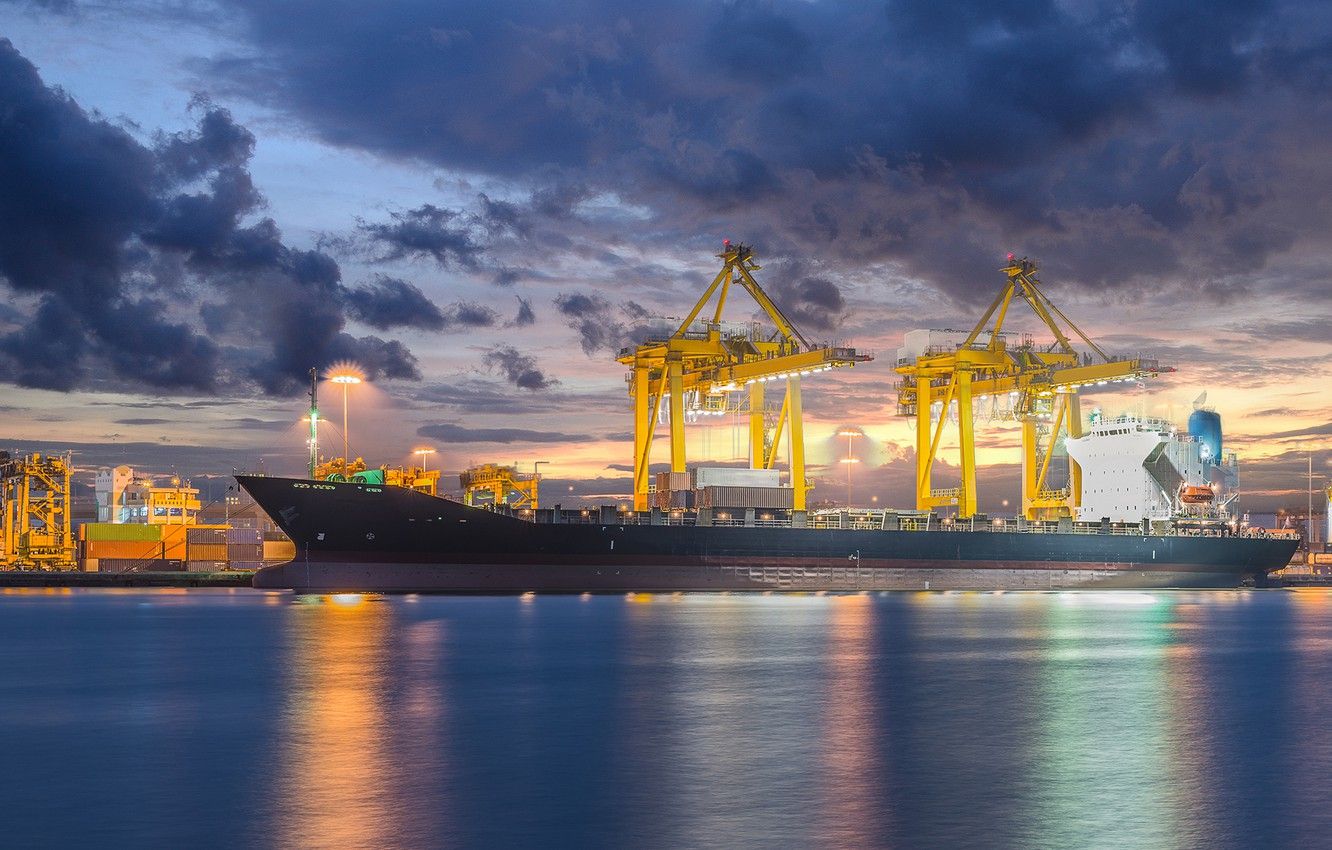On September 11, Hapag-Lloyd announced the signing of a long-term supply agreement for liquefied biomethane with global oil giant Shell, effective immediately.
It is understood that this agreement is based on the strategic cooperation reached by the two parties in 2023, aimed at accelerating the decarbonization process.
Hapag-Lloyd related announcement
Biomethane, also known as bio-LNG, is derived from organic waste such as crop residues, livestock manure, and food waste. After decarbonization and purification, biomethane is produced, injected into regional natural gas networks, liquefied, and ultimately supplied to ships.
Hapag-Lloyd stated that as a key clean energy source, biomethane will strongly support the company’s strategic goal of achieving net-zero emissions by 2045 by promoting emission reductions in its fleet and helping customers decarbonize their supply chains.
It is reported that since 2024, Shell’s global LNG bunkering network has added liquefied biomethane supply services, which are now available at its 22 strategic locations worldwide. Furthermore, the liquefied biomethane supplied by Shell to Hapag-Lloyd is certified under the ISCC EU standard, ensuring the sustainability of feedstock production and the traceability of the product.
Jan Christensen, Senior Director of Global Fuel Purchasing at Hapag-Lloyd, said: “This agreement ensures the stability and reliability of fuel supply, helping us scale up the use of renewable fuels in our fleet. It allows us to achieve emission reduction targets while continuously ensuring service quality and operational reliability. This move also demonstrates our attitude of actively adopting existing low-emission fuels rather than waiting for future solutions.”
Dexter Belmar, Vice President of Shell Global Downstream LNG, said: “Biomethane has moved from concept to reality and is writing a new chapter in the decarbonization of the shipping industry. The signing of this long-term supply agreement instills confidence in the scaled application of renewable fuels.”





